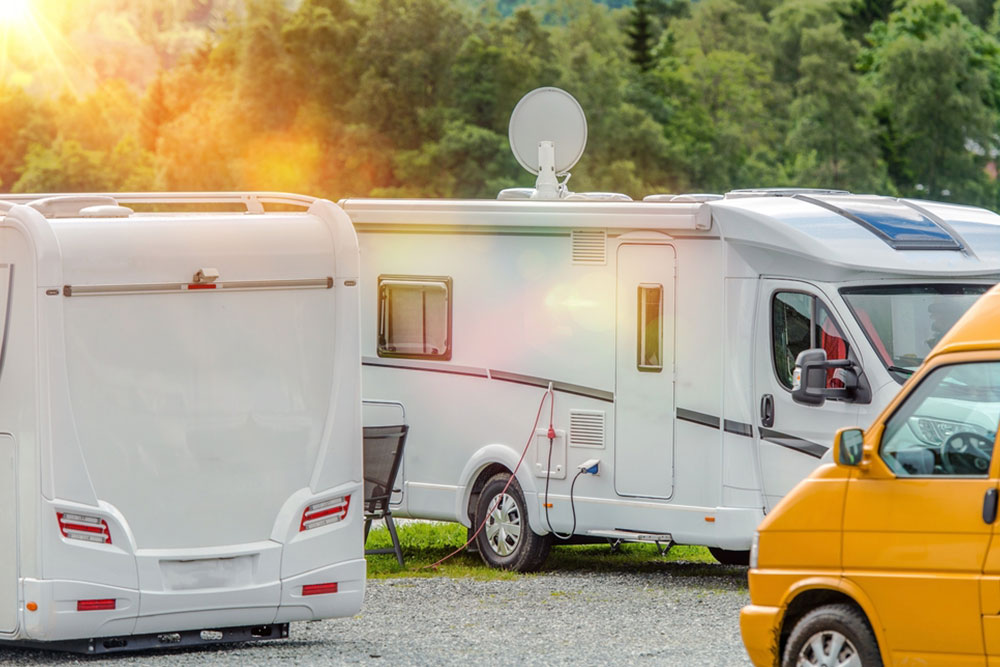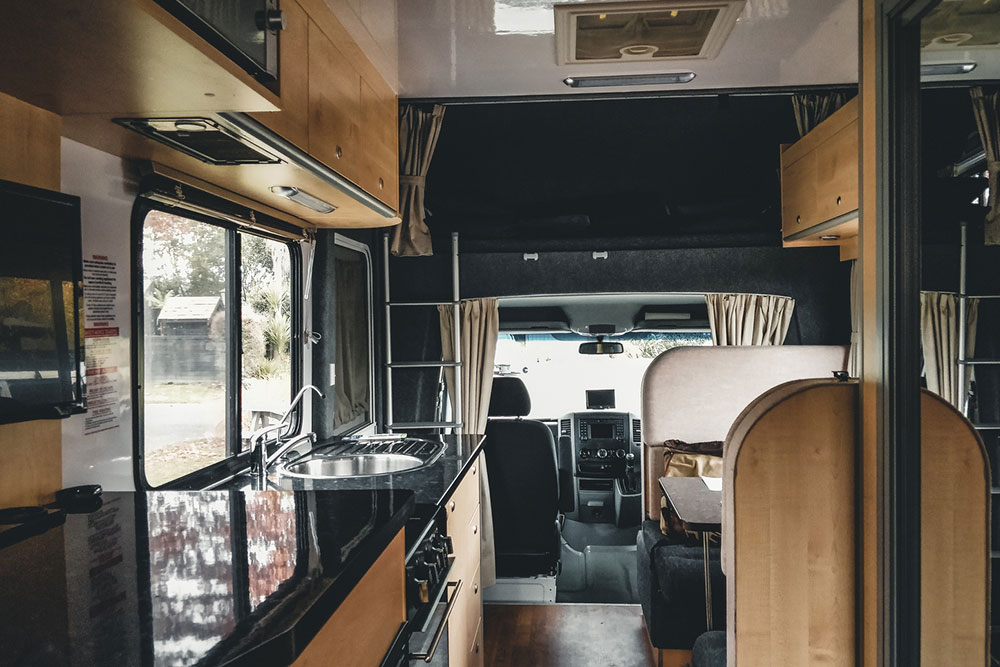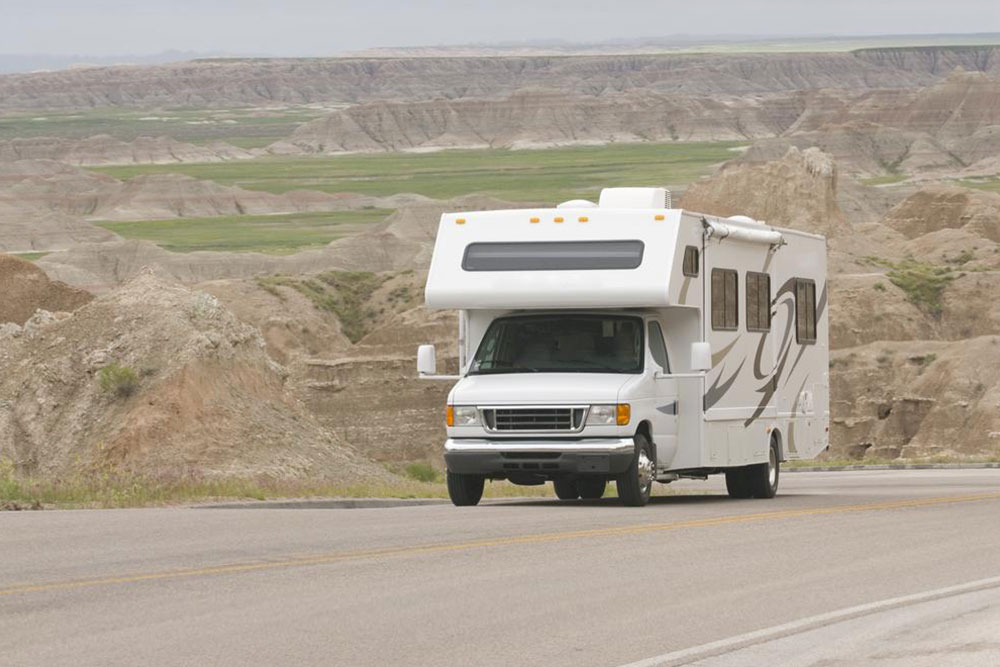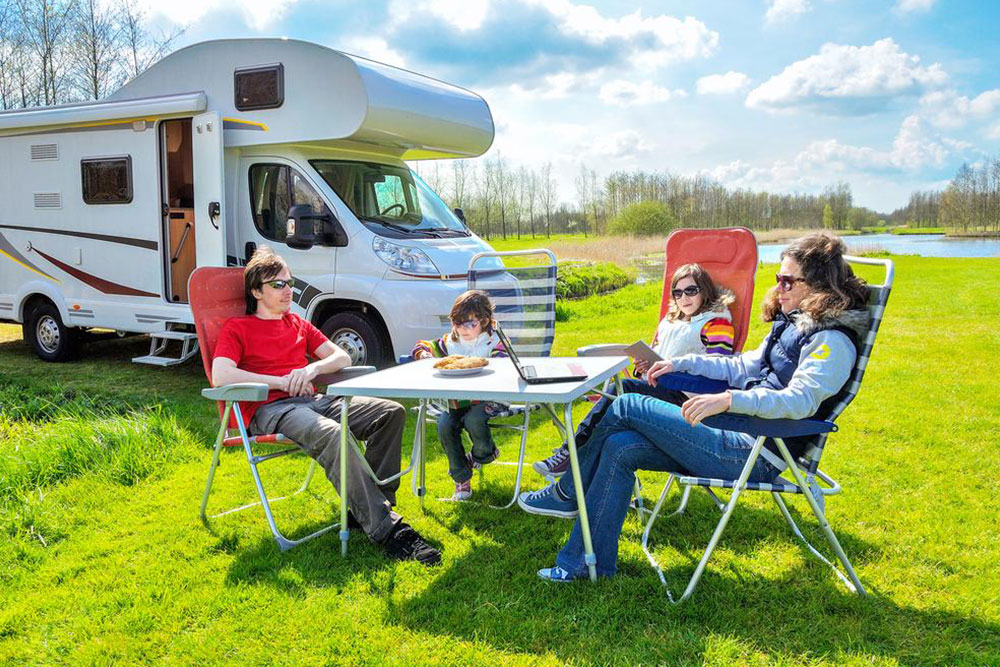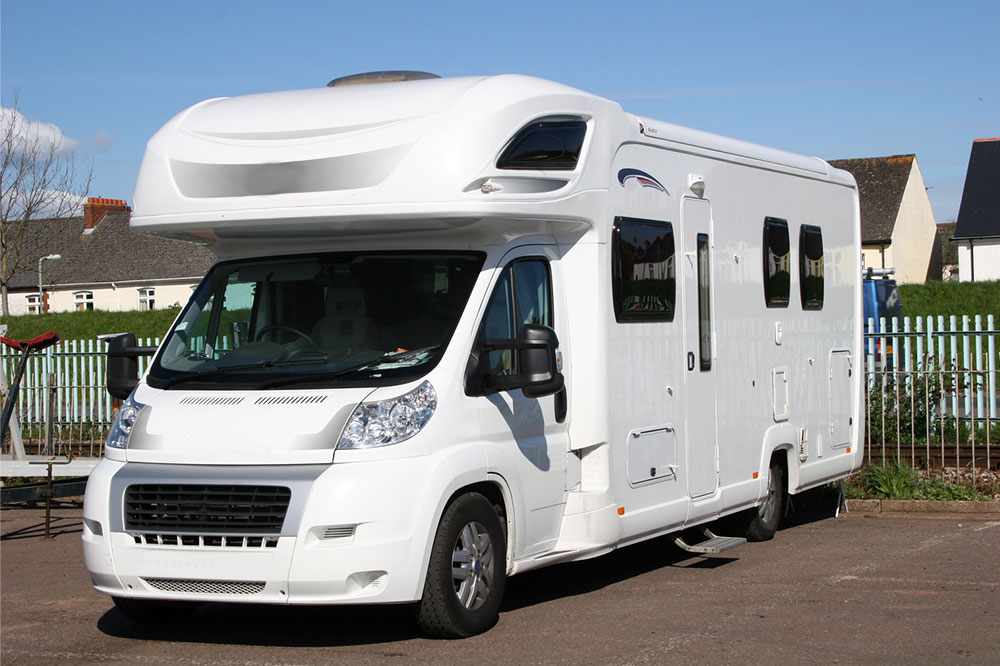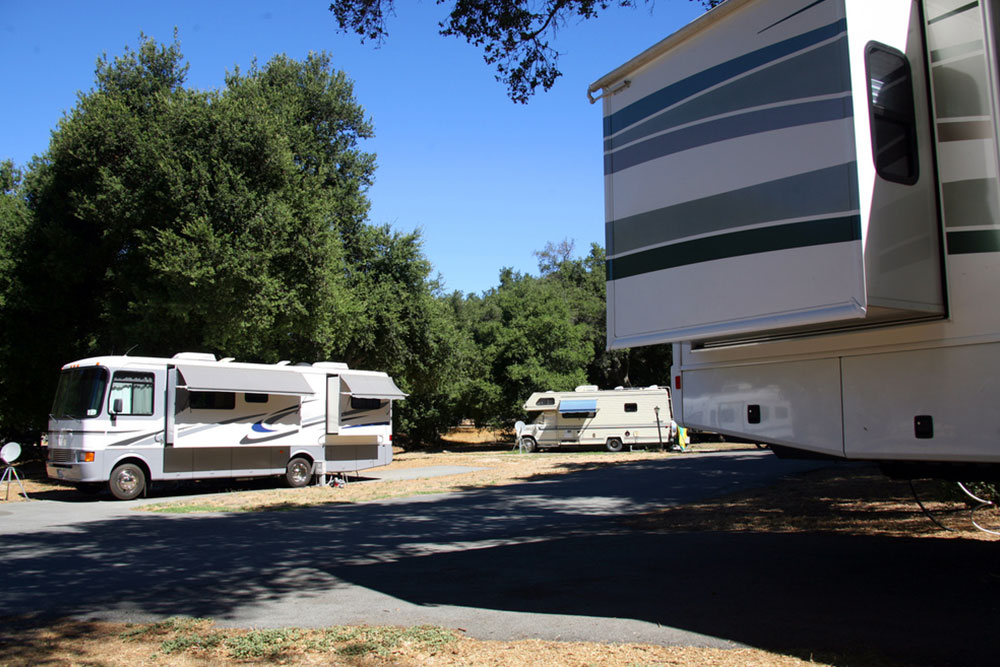The Ultimate Guide to Buying a Used RV for Travel and Adventure
Discover comprehensive tips and essential steps for purchasing a reliable used RV. This detailed guide covers inspection strategies, key checklists, and expert advice to ensure your investment is safe, practical, and ready for adventure. Perfect for travelers seeking affordable mobility and independence.
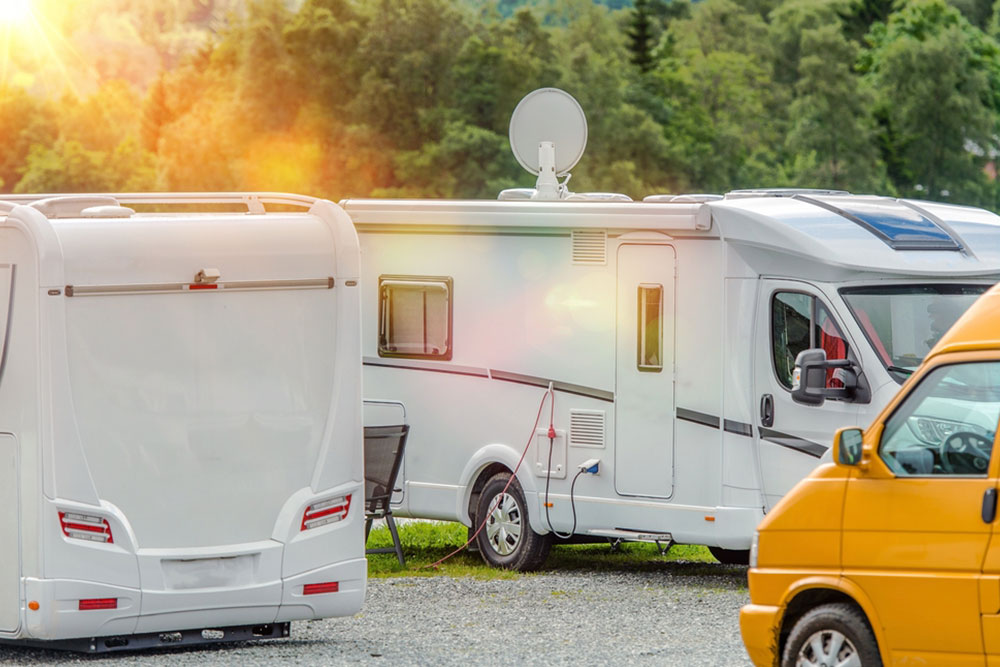
The Ultimate Guide to Buying a Used RV for Travel and Adventure
Embarking on road trips and exploring new destinations has become increasingly popular among adventure seekers and travelers alike. A reliable RV (recreational vehicle) provides the perfect blend of mobility, comfort, and independence, making it an ideal vehicle for both leisure and remote work. While purchasing a new RV can be expensive, opting for a pre-owned model offers significant savings and the opportunity to find quality vehicles that meet your travel needs without breaking the bank. This comprehensive guide aims to walk you through everything you need to know before purchasing a used RV, ensuring you make an informed decision that guarantees safety, reliability, and many memorable journeys ahead.
Understanding the Advantages of Buying a Used RV
Investing in a used RV has numerous benefits. Besides lower upfront costs, used RVs tend to depreciate less sharply than new ones, providing better resale value should your travel plans change. Additionally, many pre-owned RVs are well-maintained and come with a rich history of repairs and upgrades, giving you insights into their condition. This allows you to select a model that fits your budget, preferences, and travel style.
Key Considerations Before Purchasing
Purchasing a used RV necessitates careful planning and thorough inspection. Your goal is to find a vehicle that is safe, functional, and fits your lifestyle. Here's an expanded checklist of critical points to consider:
Vehicle History and Documentation: Always request and review detailed maintenance records, repair logs, and ownership history. These documents reveal how well the RV has been cared for, whether it has undergone major repairs, or if it has been involved in any accidents. Vehicles with complete and consistent maintenance histories are more likely to be reliable.
Exterior Inspection: Carefully examine the body for signs of rust, dents, or damages. Check the condition of the paint and look for signs of previous repairs or repainting. Pay close attention to the condition of the tires—worn or mismatched tires might indicate neglect or need for replacement shortly after purchase. New or recently replaced tires are a good sign of ongoing maintenance.
Roof and Sealant Checks: Inspect the roof for cracks, leaks, or areas where sealant might be compromised. Adequate sealing prevents water infiltration, which can cause extensive internal damage over time.
Interior Condition: Enter the vehicle to examine the interior. Look for water stains, mold, or Musty odors, which can be indicators of leaks or poor ventilation. Check the functionality of the upholstery, cabinetry, and fixtures to ensure they are in good shape.
Appliance and System Testing: Verify that all onboard appliances—such as the refrigerator, microwave, water heater, and air conditioning—function properly. Run the systems to see if they operate efficiently and quietly. Inspect plumbing and electrical wiring for corrosion or damages.
Mechanical and Engine Inspection: If purchasing a motorhome with a viable engine, consider conducting a test drive to evaluate engine performance, braking, steering, and suspension. For added assurance, hire a trusted mechanic or RV inspector for a detailed mechanical inspection.
Additional Tips for a Successful Purchase
Beyond the technical inspection, consider the following tips to ensure your used RV purchase is smooth and satisfactory:
Set a Realistic Budget: Determine how much you are willing to spend, including potential repair costs, registration, and insurance. Remember, additional expenses like new tires or appliance replacements can add up.
Research Specific Models: Investigate popular RV brands and models known for durability and ease of maintenance. Online forums and reviews can provide valuable insights into common issues and owner experiences.
Check Ownership and Title: Ensure the seller provides a clear title without liens or outstanding loans. Verify the VIN matches registration documents to avoid potential fraud.
Negotiate the Price: Use the vehicle’s condition, repair needs, and market value as leverage to negotiate a fair price.
Finalizing Your Purchase
Once you have thoroughly examined the RV and completed your research, it’s time to proceed with the purchase. Ensure all agreements are documented in a sales contract, including disclosures about repairs or issues identified during inspections. Confirm that the title transfer is completed properly to avoid future ownership disputes.
After the purchase, consider scheduling a full inspection by a professional mechanic familiar with RVs, even if the vehicle appeared in good condition. Regular maintenance, prompt repairs, and proper storage will extend the lifespan of your RV and keep it road-ready for years of adventures.
In conclusion, buying a used RV can be a rewarding investment if approached with diligence and careful evaluation. By inspecting key elements such as maintenance history, physical condition, and onboard systems, you will increase the likelihood of selecting a reliable vehicle that enhances your travel experiences and offers peace of mind. Whether you plan long cross-country trips or weekend getaways, the perfect pre-owned RV awaits to make your travel dreams come true.
